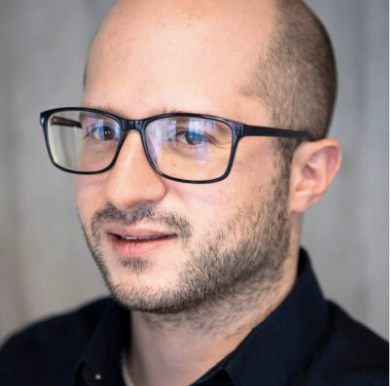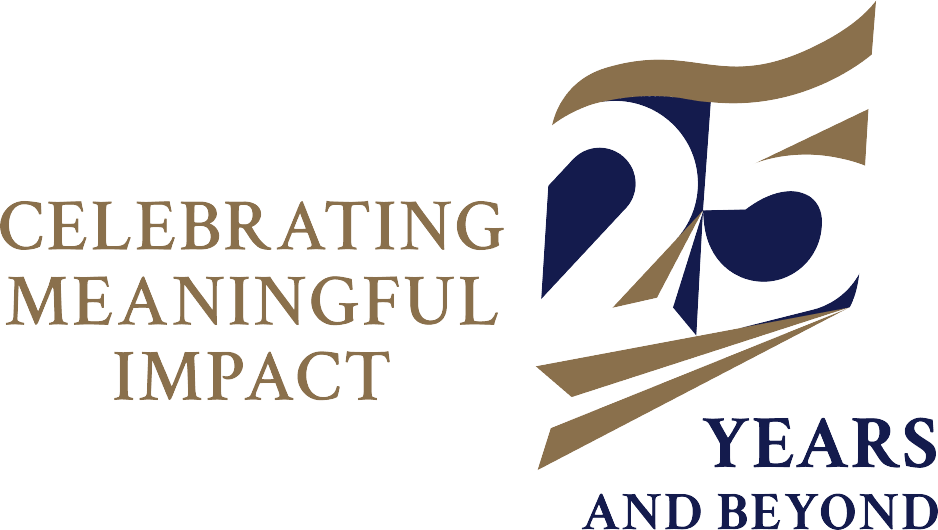
Jan DE BRUYNE
Professor of IT law
KU Leuven
Education
Jan De Bruyne successfully defended his Ph.D. in September 2018 on a topic dealing with the liability of third-party certifiers. During his research, he developed a strong interest in liability for damage caused by AI systems.
Professional Appointments
Jan De Bruyne is a Professor of IT Law at KU Leuven and serves as the Head of the Centre for IT & IP Law (CiTiP). From October 2018 to October 2020, he was a postdoctoral researcher at Ghent University Faculty of Law and Criminology, focusing on robots and tort law. He joined CiTiP in October 2019 as a postdoctoral researcher on legal aspects of AI and a senior researcher within the Flemish Knowledge Centre for Data & Society. Since November 2020, he has worked at CiTiP as a research expert on (tort) law and AI. He has served as a Principal Investigator on multiple projects concerning the legal and ethical aspects of technology. Additionally, he has been a Visiting Fellow at the ANU Law School (Canberra), the TC Beirne School of Law (Brisbane), the Institute of European and Comparative Law at Oxford University, and the Center for European Legal Studies at the University of Cambridge. He was also an ENS Fellow at the European New School of Digital Studies and a Van Calker Fellow at the Swiss Institute of Comparative Law.
Research Areas
His research focuses on the intersection of law and technology, with particular emphasis on tort law, liability, AI systems, and the ethical and legal implications of emerging technologies. He has published widely in academic journals and edited several volumes, including Autonome motorvoertuigen: een multidisciplinair onderzoek naar de maatschappelijke impact (2020), Artificiële intelligentie en Maatschappij (2021), and Artificial Intelligence and the Law (2022).
Other Information
Jan De Bruyne is a member of Leuven.AI, the Robotics and AI Legal Society (RAILS), and Ethical and Trustworthy Artificial and Machine Intelligence (ETAMI), among other academic institutions. He has been involved in the adoption of the UNESCO Recommendation on Ethical AI and has served as an expert for several national and supranational institutions. He is also a frequent speaker and organiser of conferences and seminars.

